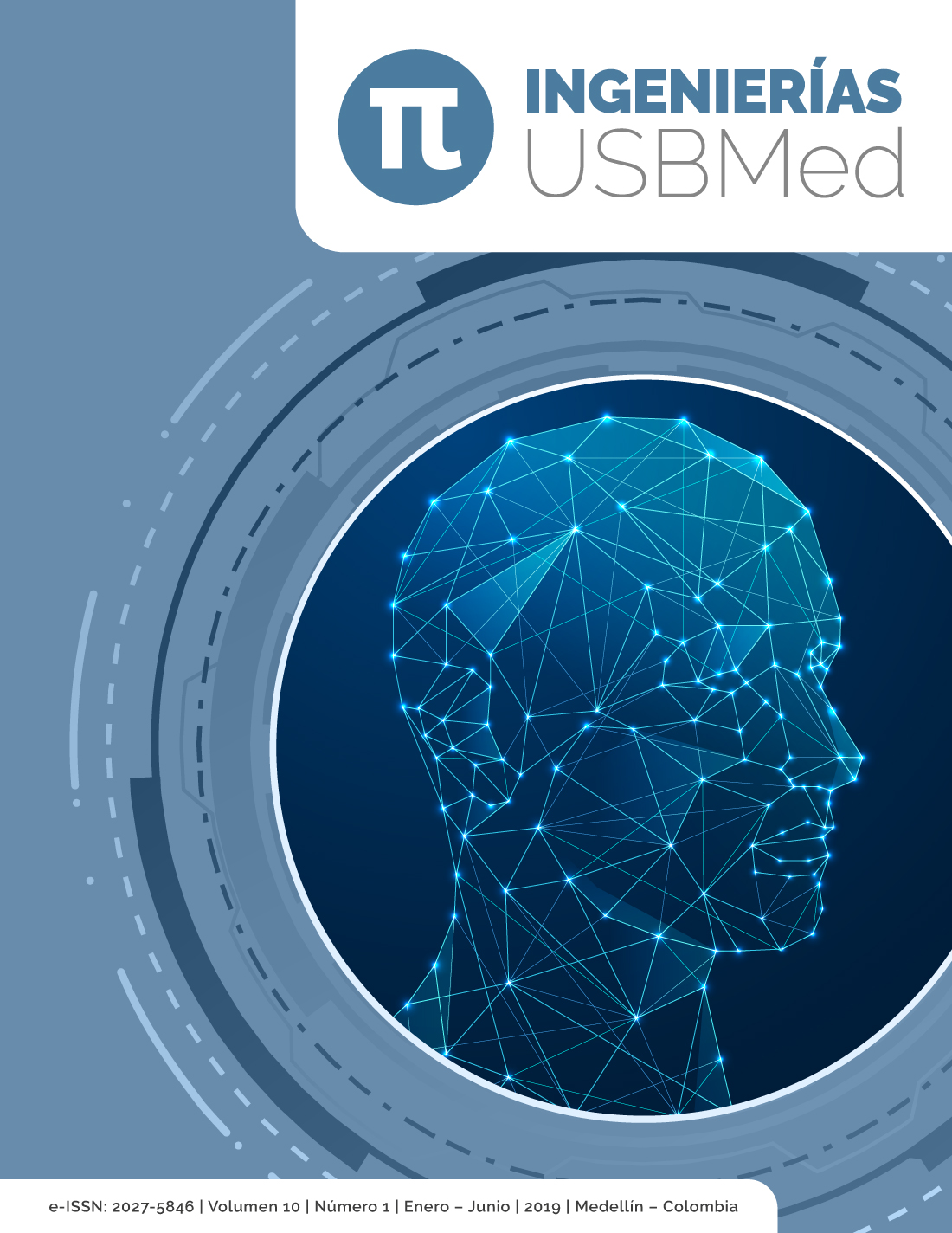This journal provides immediately free access to its contents under the principle that make available the research results for free to the public, helps for a greater global exchange of knowledge.
Therefore, the journal invokes the Creative Commons 4.0
License attributions: Recognition – Non-commertial - Share equal. Commercial use and distribution of original or derivative works are not permitted and must be done with a equal license as the one that regulate the original work.
Abstract
The sustainable development is a permanent process and a perpetual search of balance among the demands generated to satisfy the human necessities and the capacity of the Nature to cover them without degrade it. As in the projects toward the sustainibility is unknown the final state, the necessary processes, neither the times, that takes to the necessity of using iterative processes that repeat the steps like a hairspring of planning, monitoring and evaluation continually, instead of the lineal processes. Monitoring and evaluation of projects concentrates on analysis of its acting and of its impacts in form to regulate along its life in order to go adjusting and refining the Project work on the march.
References
[2] A. Ba´ez Herna´ndez, C. A. Herna´ndez Medina, J. M. Perdomo Va´zquez, R. Garce´s Gonza´lez, and M. Al- ibet Carrasco, “Modelo de gestio´n del conocimiento para el desarrollo agropecuario local”, Estudios sociales (Hermosillo, Son.), vol. 28, no. 51, pp. 2–26, 2018.
[3] C. A. H. Medina, J. M. P. Va´zquez, R. G. Gonza´lez, and M. A. C. Fuentes, “Gestio´n universitaria del conocimiento para el desarrollo local”, La´mpsakos, no. 18, pp. 44–57, 2017.
[4] A. Imbach, E. Dudley, N. Ortiz, and H. Sanchez, “Mapeo anal´ıtico, reflexivo y participativo de la sosteni- bilidad marps”, Serie herramientas y capacitacio´n, 1997. T. Smutylo, R. Mackay, S. Debela, J. Borges-Andrade, C. Lusthaus, et al., ISNAR’s achievements, impacts, and constraints: An assessment of organizational perfor- mance and institutional impact. ISNAR, Den Haag, NL, 1998.
[5] A. Chatterjee, E. Dudley, T. Hodge, A. Imbach, D. Lee- Smith, A. Najam, and R. Prescott-Allen, Evaluacio´n del progreso hacia la sostenibilidad: enfoque, me´todos, herramientas y experiencias de campo. UICN, Gland, CH, 1997.
[6] R. Prescott-Allen, “Baro´metro de la sostenibilidad: medicio´n y comunicacio´n del bienestar y el desarrollo sostenible”, Serie herramientas y capacitacio´n, 1997.
[7] C. A. H. Medina, R. G. Gonza´lez, and M. A. C. Fuentes, “Gestio´n universitaria del conocimiento y desarrollo lo- cal. estudio de caso del municipio Camajuaní”, LAP Lambert, 2018.
[8] A. B. Herna´ndez, C. A. H. Medina, J. M. P. Va´zquez, R. G. Gonza´lez, and M. A. C. Fuentes, “Praxis de una red local gucid y desarrollo local”, Revista Ingeniería Industrial, vol. 18, no. 3, pp. 253–266, 2018.

 Perfil Google Scholar
Perfil Google Scholar













